Homeopathy Is on the Verge of Being Blacklisted in the U.K.
British lawmakers call homeopathic "remedies" a waste of taxpayer money that may cost lives.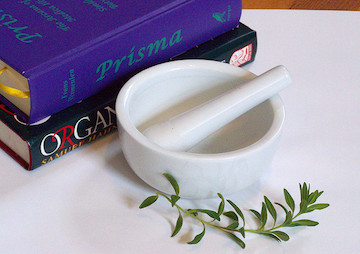 Oonagh Taeger / CC BY-SA 2.0
1
2
Oonagh Taeger / CC BY-SA 2.0
1
2
Ministers in the United Kingdom recently announced that the National Health Service could ban doctors from prescribing homeopathic remedies. The announcement is a culmination of several years of campaigning by members of parliament who say that the health claims of homeopathy are unproven, their use is a waste of taxpayer money and these remedies should not be supported by the nation’s publicly funded healthcare system.
The NHS could be spending around £5 million ($7.45 million) each year on homeopathic remedies, according to a report by Good Thinking Society, a charity that campaigns against NHS funding for homeopathy. Samuel Osborne of the Independent writes that the money the NHS currently spends on homeopathy “could fund 239 fully qualified nurses a year,” noting that homeopathy “has been extensively studied and conclusively debunked.”
“Given the finite resources of the NHS, any spending on homeopathy is utterly unjustifiable,” said GTS founder Simon Singh. “The money spent on these disproven remedies can be far better spent on treatments that offer real benefits to patients.” Prescriptions issued by general practitioners account for about £110,000 ($164,000) each year, according to the BBC.
The proposed ban is sure to have a good number of detractors: Each year, nearly six million Britons see practitioners of “complementary and alternative medicine” (CAM) — which includes homeopathy — with one in four wanting access to be universally available through the NHS.
Prince Charles certainly can’t be pleased. Like many royal family members, he is a devoted homeopath who credited the practice with helping him heal a broken arm.
Conceived of in 1796 by German physician Samuel Christian Hahnemann, homeopathy is an alternative practice of medicine based on the concept of “likes cure likes” (Hahnemann called it the “law of similars”). Homeopaths believe an extremely diluted version of an illness-causing substance can cure that illness. A homeopath may treat hay fever, for example, by administering a dilution of grass or pollen.
Homeopathy is a thriving industry not just in the U.K., but around the globe. The European market has grown 60 percent over a decade. According to the latest estimates from the Centers for Disease Control, about 3.3 million Americans spent $2.9 billion on homeopathic remedies in 2007.
The practice enjoys its biggest popularity in India, where it is officially recognized by the government as one of its national systems of medicine, and regulated by the Department of Ayurveda, Yoga and Naturopathy, Unani, Siddha and Homoeopathy (AYUSH) under the Ministry of Health & Family Welfare. India is home to the largest number of homeopathic practitioners in the world and has the most colleges in homeopathic education.
While India remains a homeopathy stronghold, other national governments have come out strongly against it. In addition to the recent moves by the U.K. Parliament, Australia’s top body for medical research, the National Health and Medical Research Council, came out against homeopathy with a report issued earlier this year. “Based on the assessment of the evidence of effectiveness of homeopathy, NHMRC concludes that there are no health conditions for which there is reliable evidence that homeopathy is effective,” the council wrote. It added a stern warning: “People who choose homeopathy may put their health at risk if they reject or delay treatments for which there is good evidence for safety and effectiveness.”
”We need governments around the world to recognize the dangers of promoting homeopathy for life-threatening illnesses,” said Robert Hagan, a biomolecular scientist at the University of St. Andrews in Scotland. Hagan is a member of the Voice of Young Science Network, a group of young researchers concerned that the use and promotion of homeopathy in the developing world is putting lives at risk. The group is part of Sense About Science, a charity that educates the public about evidence-based science. In 2009, VYSN sent a letter to the World Health Organization urging the body to issue a statement condeming the promotion of homeopathy for the treatment of serious diseases.
The letter states:
We are calling on the WHO to condemn the promotion of homeopathy for treating TB, infant diarrhea, influenza, malaria and HIV. Homeopathy does not protect people from, or treat, these diseases. Those of us working with the most rural and impoverished people of the world already struggle to deliver the medical help that is needed. When homeopathy stands in place of effective treatment, lives are lost.
WHO responded with a warning that people with serious conditions such as HIV, tuberculosis and malaria should not rely on homeopathic treatments.
Your support matters…Independent journalism is under threat and overshadowed by heavily funded mainstream media.
You can help level the playing field. Become a member.
Your tax-deductible contribution keeps us digging beneath the headlines to give you thought-provoking, investigative reporting and analysis that unearths what's really happening- without compromise.
Give today to support our courageous, independent journalists.



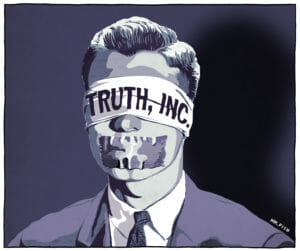

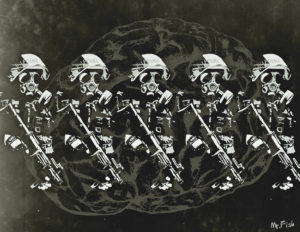
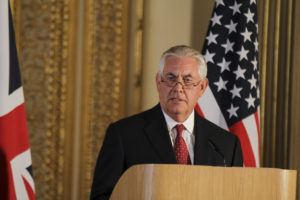
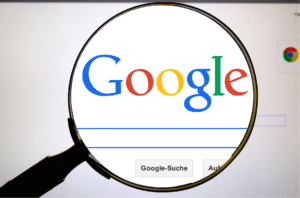


You need to be a supporter to comment.
There are currently no responses to this article.
Be the first to respond.